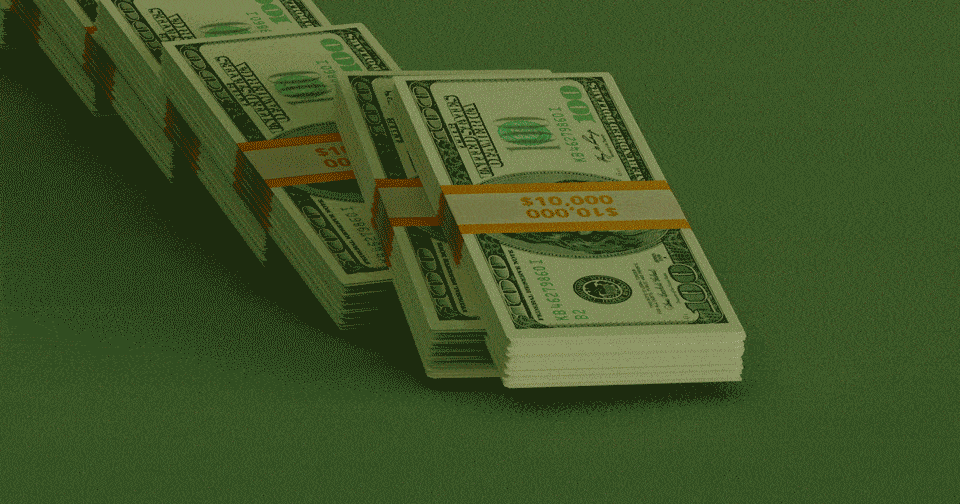BillOfRights
Iconic Member
- Messages
- 1,588
The future of the United States' economy.

 www.theatlantic.com
www.theatlantic.com
"So we seem to be stuck, which is why this moment is so perplexing. The system upgrade is pending: The right is offering its regressive modernization as the update. The left has yet to figure out which one of three paths it wants to take.
One possibility is to stay put with the gerontocracy of the Democratic Party and wait for Trumpism to implode. That might happen, and the Democrats’ current position as the party of the institutionalist status quo makes this the most likely path. But this will be a losing proposition if no reversion to the mean of the pre-MAGA American politics occurs.
The effort by Representative Alexandria Ocasio-Cortez and Senator Bernie Sanders to rally an anti-oligarchy movement advocates for a second option, of left-wing populism. But whether this appeals to young men who have been drawn to Trump, as well as young women who poll as more progressive, and can create a broad-enough coalition remains to be seen.
A third approach is the “abundance” agenda, promoted recently by Ezra Klein and The Atlantic’s Derek Thompson, which proposes a progressive political program based on lower-regulation, pro-growth policies as a spark for renewed economic growth—though critics on the left accuse this approach of failing to confront corporate power.
To develop an alternative to the regressive modernization underpinning Trump’s reelection, the left must come up with a governing economic idea that can compete. Technocratic fixes of the old system look very unlikely to inspire a broad-enough coalition to defeat the potent, if unstable, electoral alliance that reelected Trump. The most promising avenue—one that could address the needs of millions of Americans who feel shut out of growth and prosperity and alienated from America’s governing elite—might be a fusion of AOC/Bernie populism with a more political, less technocratic version of abundance."
Thoughts?

The World Economy Is on the Brink of Epochal Change
Capitalism’s operating system is due for a major upgrade. How that turns out depends on enormously consequential political choices.
"So we seem to be stuck, which is why this moment is so perplexing. The system upgrade is pending: The right is offering its regressive modernization as the update. The left has yet to figure out which one of three paths it wants to take.
One possibility is to stay put with the gerontocracy of the Democratic Party and wait for Trumpism to implode. That might happen, and the Democrats’ current position as the party of the institutionalist status quo makes this the most likely path. But this will be a losing proposition if no reversion to the mean of the pre-MAGA American politics occurs.
The effort by Representative Alexandria Ocasio-Cortez and Senator Bernie Sanders to rally an anti-oligarchy movement advocates for a second option, of left-wing populism. But whether this appeals to young men who have been drawn to Trump, as well as young women who poll as more progressive, and can create a broad-enough coalition remains to be seen.
A third approach is the “abundance” agenda, promoted recently by Ezra Klein and The Atlantic’s Derek Thompson, which proposes a progressive political program based on lower-regulation, pro-growth policies as a spark for renewed economic growth—though critics on the left accuse this approach of failing to confront corporate power.
To develop an alternative to the regressive modernization underpinning Trump’s reelection, the left must come up with a governing economic idea that can compete. Technocratic fixes of the old system look very unlikely to inspire a broad-enough coalition to defeat the potent, if unstable, electoral alliance that reelected Trump. The most promising avenue—one that could address the needs of millions of Americans who feel shut out of growth and prosperity and alienated from America’s governing elite—might be a fusion of AOC/Bernie populism with a more political, less technocratic version of abundance."
Thoughts?
